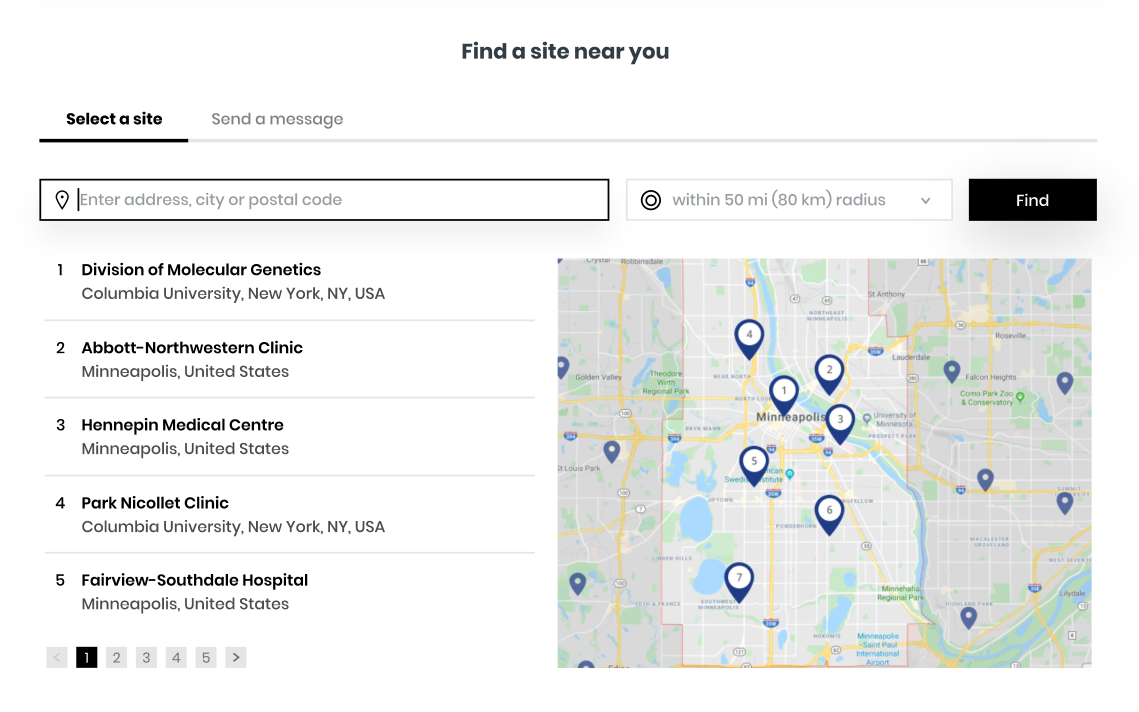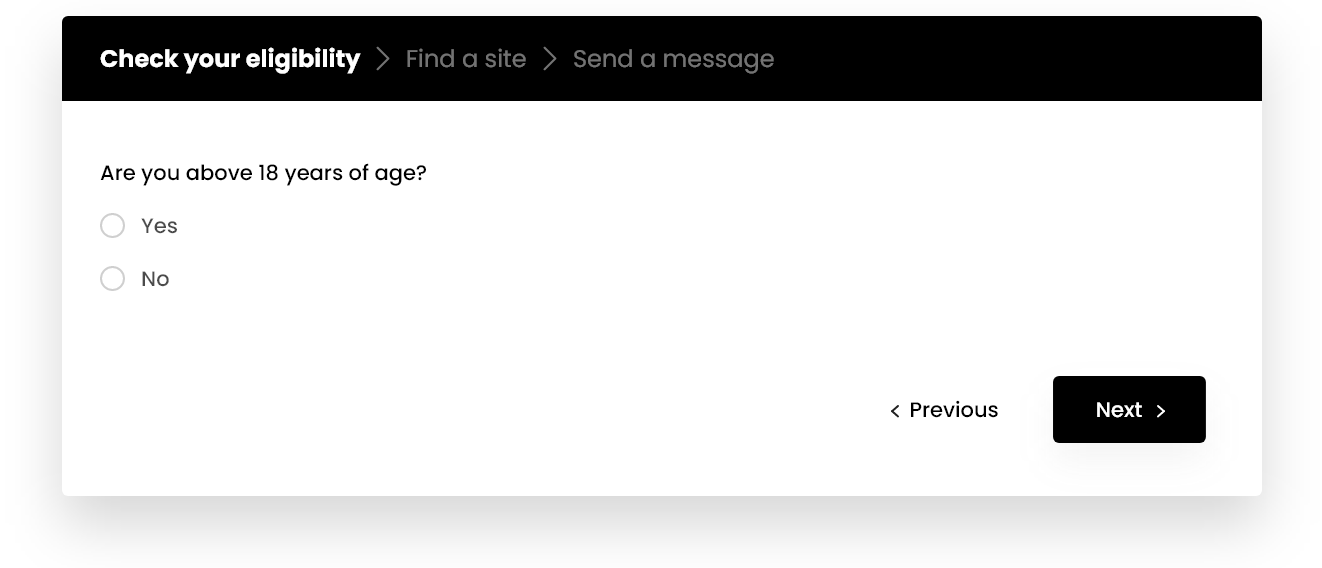
Participants
Approximately 260 adults between 18-45 years of age
Check your eligibility now & get in touch with a study center
CHECK ELIGIBILITYCheck your eligibility now & get in touch with a study center
CHECK ELIGIBILITYCheck your eligibility now & get in touch with a study center
CHECK ELIGIBILITYCheck your eligibility now & get in touch with a study center
CHECK ELIGIBILITYCheck your eligibility now & get in touch with a study center
CHECK ELIGIBILITYDo you have troublesome acne?
Are you between the ages of 18 – 45?
Young Asian woman having acne inflammation occur on her face - © Getty Images

Inflammatory acne - © Adobe Stock
Acne is a common skin condition that occurs when pilosebaceous units (tiny pockets in your skin where sebum is produced and hair grows out of) become clogged.
A specific type of bacteria called Cutibacterium acnes (or C. acnes for short) plays a big role in causing acne. Because of this, we are looking for ways to target this bacteria to help treat acne.
Currently, there are no approved vaccines for the treatment of acne. The study vaccine is experimental, meaning it is still being tested, so it's only available in the form clinical studies.
Here’s how it might work: Your body has a natural defense system against germs, such as viruses or bacteria, called the immune system. Vaccines train your immune system to fight specific germs. They usually contain harmless pieces of the germ (called antigens) that trigger your body to produce protective proteins, called antibodies. The vaccine may train your body to produce antibodies against the C. acnes bacteria, particularly the ones related to acne.
At your appointments, we'll do several checks to monitor your health.

including an evaluation of the acne on your face along with photographs

a simple, painless test that checks your heart's electrical activity using electrodes placed on your skin


electronic diary or printed

about acne treatments before, during and after vaccination

We'll be testing three different strengths of the vaccine: a low dose, a medium dose and a high dose. You will receive two injections, either:
OR
What is a placebo?
A placebo looks like the medicine being tested and is also given in the same way as the medication that is being studied, but it does not have any medicine in it. You have a 3 in 4 chance (75%) of receiving the study vaccine.
Is there a cost to participate?
There is no cost to participate. All study-related exams, study-related medications and study-related medical care are provided. There is no insurance required to take part in this study. You may be compensated for time and travel.


Sanofi believes that everyone should have the opportunity to take part in clinical trials. It is important to include people who have been historically under-represented in clinical trials. Sanofi is committed to inclusivity in our studies.
If you are interested in learning more about this study, we encourage you to complete a brief questionnaire to help determine if you may qualify to participate and be referred to a site recruiting in your area for further evaluation.
The prescreener preview is complete. You may now close the preview.
Version 1.0, Approved 04/2025